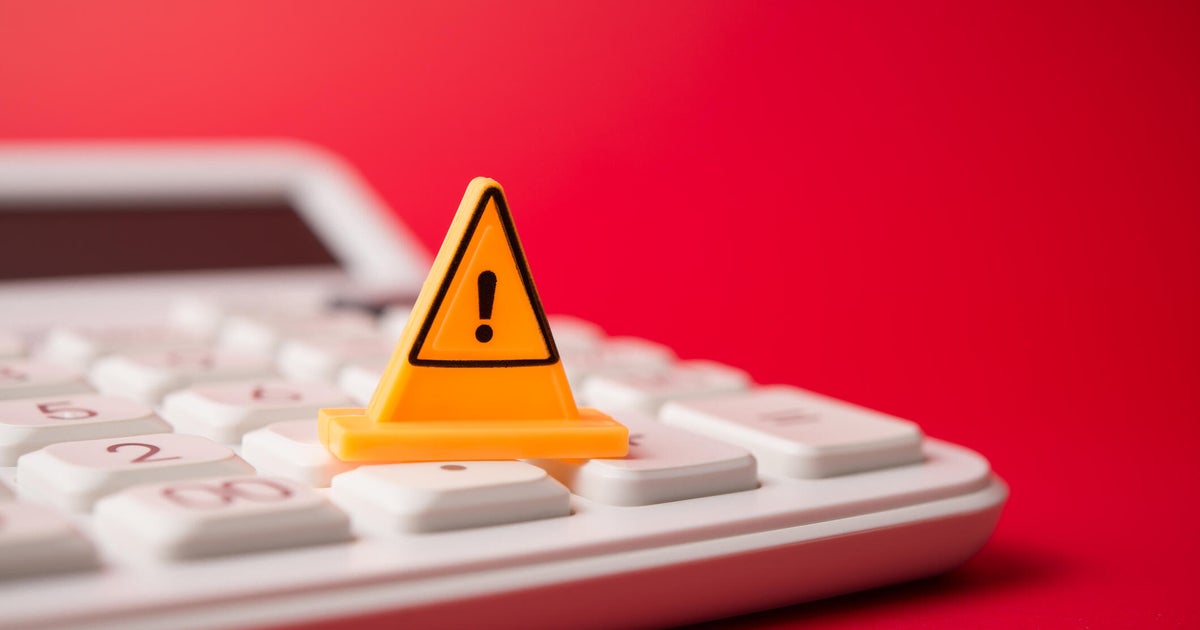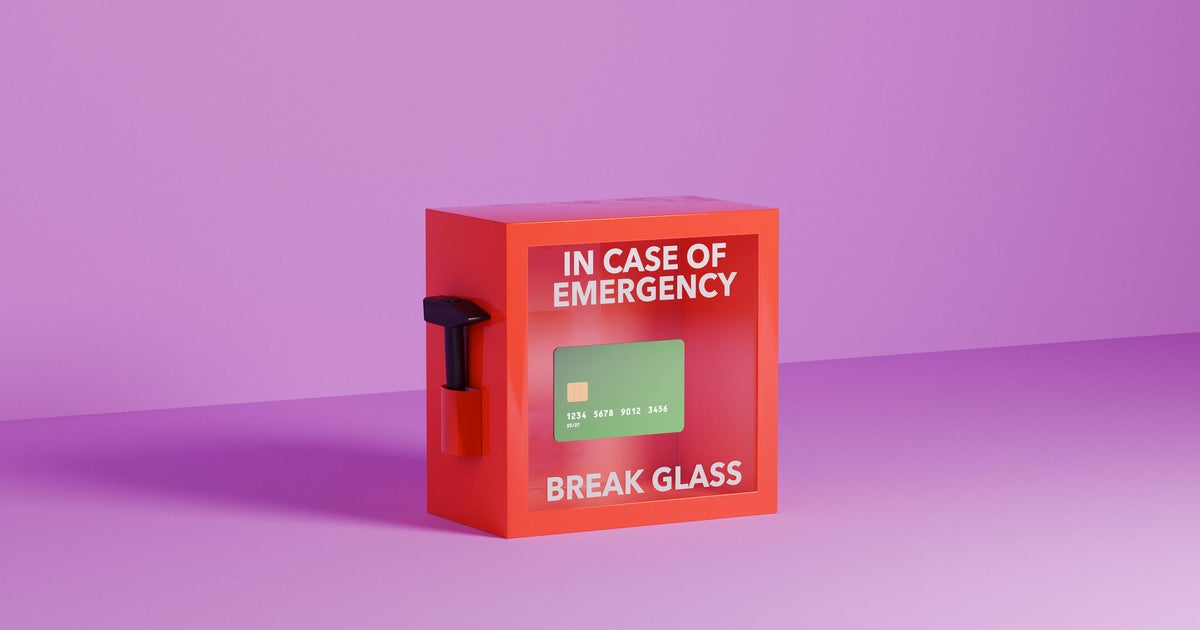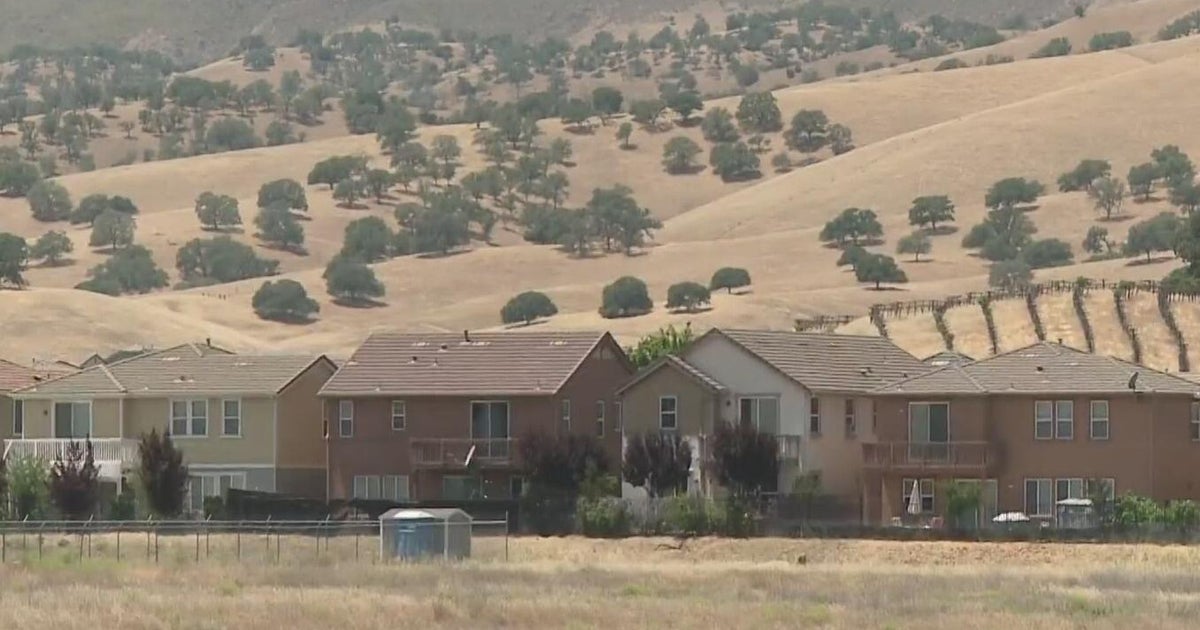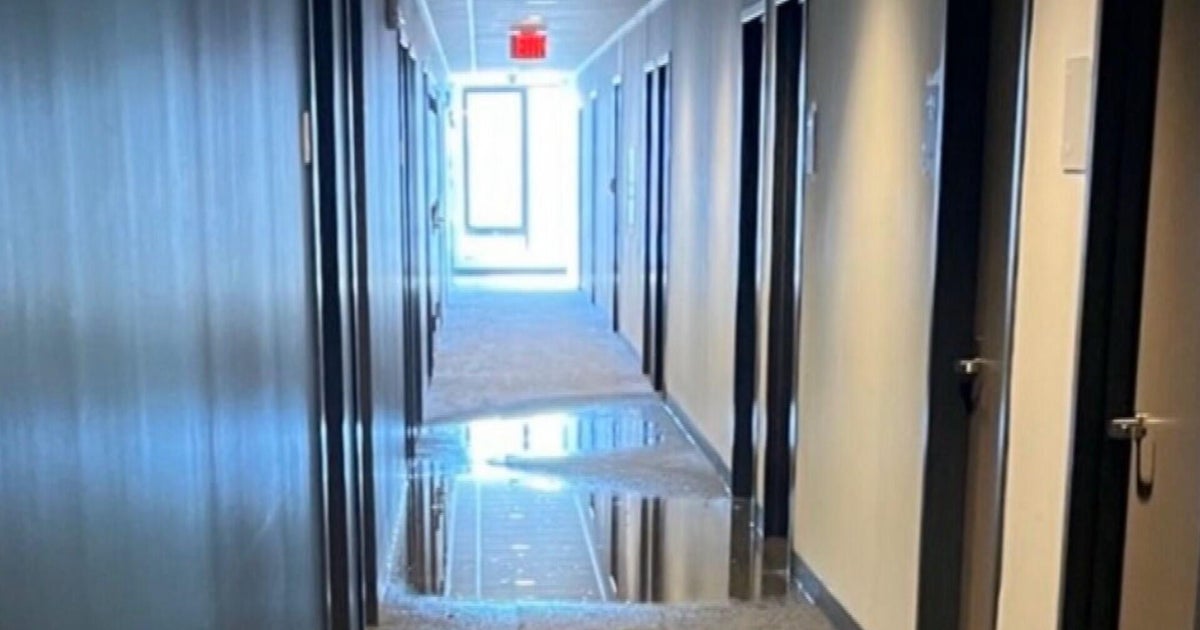Clock Ticking On Deal To Extend Debt Ceiling
BOSTON (CBS) - Sure, it's easy to drown out the D.C. drama. But when it comes to the debt ceiling debate, it's getting to the point where a lot of people want to pay attention.
As of August 2, the U.S. Congress loses the power to borrow money. That's a big deal on many levels, not the least of which is the fact that borrowed money is how the nation pays a lot of its bills. If the country can't borrow, it can't make payments on its debts. Such a move would be unprecedented.
If the United States had a personal credit rating like the average American, its score would likely be outstanding. The country is a great borrower; it pays its bills on time, all the time. That's why other countries are eager to buy our debt; we're a safe bet. But the day the U.S. stops paying on time is the day creditors lock up their checkbooks.
WBZ-TV's Jim Armstrong reports
"For the world's largest economy to not pay their bills, that's not good for anybody," explains financial advisor Dave Caruso, CEO of the Coastal Capital Group. "I don't think this is going to happen. It's never happened before. But just the fear of something happening, the worst case estimation, what goes on in our minds -- that's where I think the trouble will end up coming out."
If the government does, in fact, default on its debts by failing to raise the debt ceiling, long term interest rates would almost certainly jump.
That means, among other things, that it would be more expensive to take out a car loan or get a mortgage - news the sputtering housing market certainly does not want to hear.
Said Caruso: "I can't think of a single person who won't be affected unless you're on a desert island somewhere. . . We're talking about an interlinked economy and everyone is going to see the ramifications of this."
Small businesses, the economy's lifeblood, would have to pay more to borrow as well, and that could inhibit their ability to expand or to hire new workers.
A U.S. default would almost certainly ravage the stock and bond markets and cause the value of the dollar to plummet as well.
If Congress can't borrow money, the Fed can try to pay some bills while ignoring others. In fact, Federal Reserve Chairman Ben Bernanke says Social Security checks will not go out so post-default, so that money can go to paying off creditors instead.







